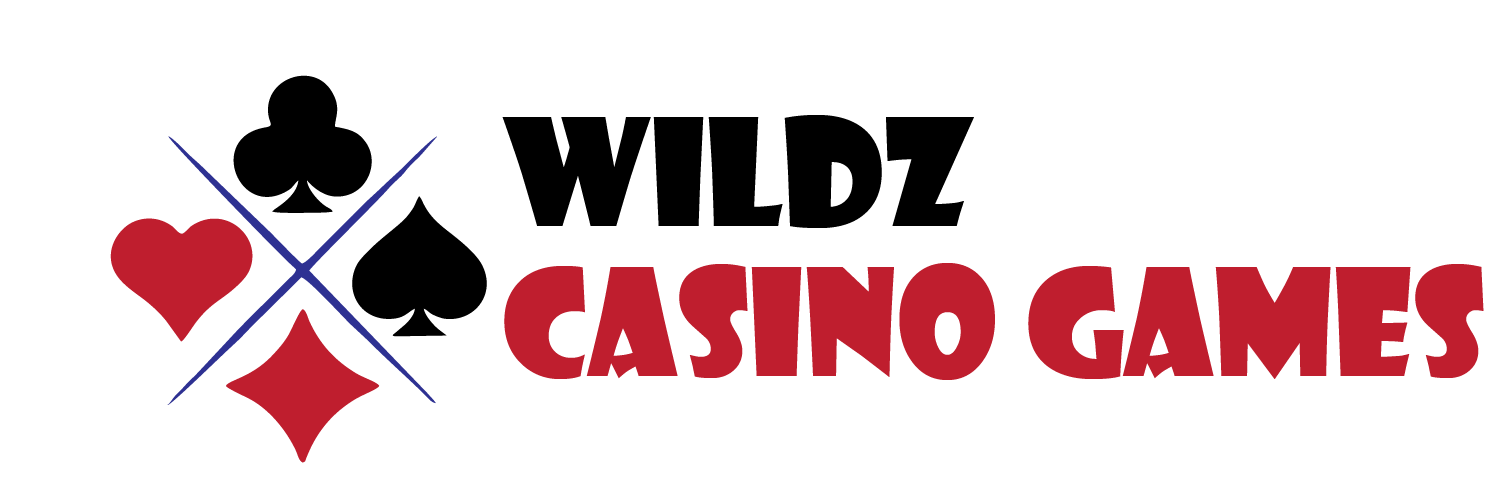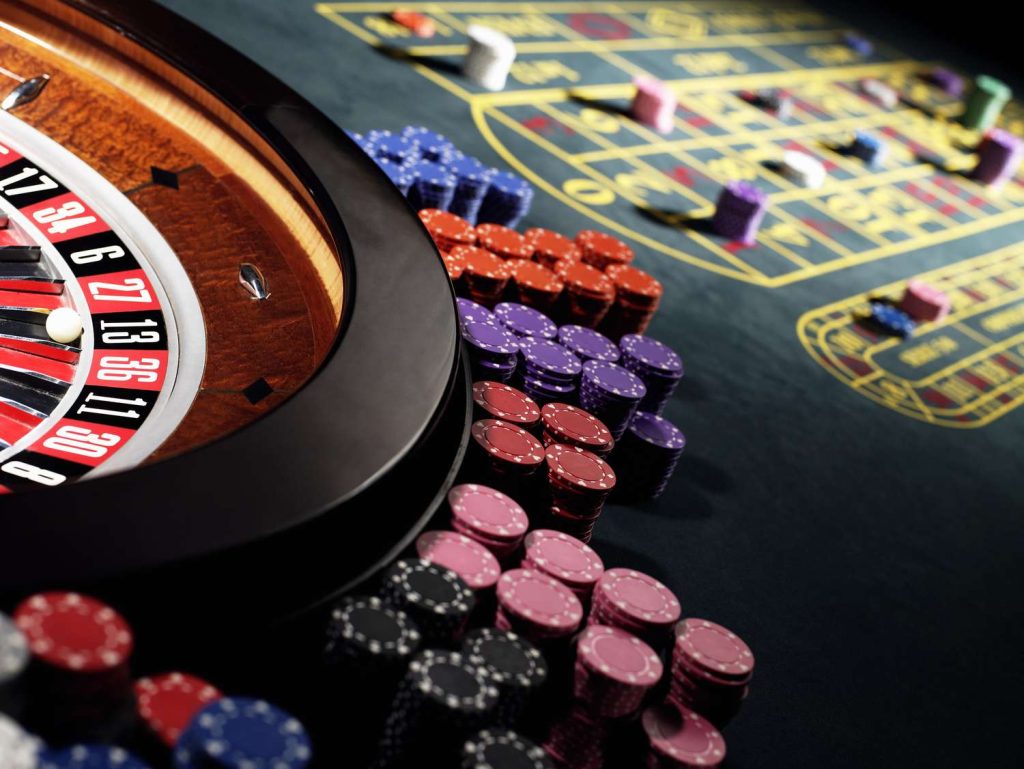The Patterns of Play research project focused on gambling behavior online. To do so, account data was gathered from around 140,000 accounts from various gambling operators accounts at high granularity levels for analysis.
Previous studies using the ratio bias paradigm have demonstrated that people tend to be biased by intuitively appealing, non-diagnostic information. To reduce such biases, this study tested whether changing how this information was presented could mitigate it.
Payback percentages
Payback percentages in casino gaming are mathematical calculations used to ascertain what percentage of bets placed are returned as winnings to players from each machine, and are reported by casinos to regulators and represent the long-term average expected return to players – also known as RTP rates.
At first glance, it may appear that higher payback rates equal better games; however, this isn’t always the case. A high payout doesn’t necessarily indicate greater chances for hits; on the contrary, lower hit rates could actually benefit players more than expected.
Owing to their lack of an unalterable random number generator for casino games, software developers design algorithms with precise random results in mind. While this process may cost time and money, it ensures the integrity of games while testing is conducted before being made public for real-money play; this helps ensure they remain fair and transparent to players.
Odds of winning
Casino players should keep tabs on the odds of winning as an indicator to help make more informed betting decisions. This metric shows them the likelihood that certain events will occur and how much they would win should that occur, using calculations such as dividing probability by total outcomes.
Assuming a coin toss lands heads-up with equal probability (50/50), casinos must account for a mathematical certainty known as house edge when considering how profitable each game will be; it provides them with an edge which may or may not vary from game to game.
Casino game odds differ from payout odds, which indicate how much players may win from betting. For example, if you bet $10 on number 11 and hit it, your payout odds would be 35 : 1, giving you an opportunity to make $350 from this bet – much higher than its odds against it!
Betting options
The House Edge (HE) refers to the average amount that casinos make from every dollar a player bets, on average. It depends on factors like game’s probability of success and rounds played; to calculate it use RTP/House Edge formula where RTP = Percentage of Winnings/ House Edge = Percentage of Losses respectively.
This study employed a unique data set from one European operator that provided detailed information about every wager and win. Every win or loss was carefully examined over time; those occurring within fifteen minutes of one another were combined into one gambling session for analysis purposes.
A linear regression model comprising game characteristics, session-specific metrics and demographic information was shown to explain 7.7% of variance in bet placement within an online gambling session. A model that included game characteristics, session-specific metrics and gender was superior compared to one consisting of only game characteristics alone.
Bonus rounds
Slot machines may seem like simple games of chance, but their attractive lights and alluring sounds hide an intricate mathematical machine. Their odds, payouts and results are controlled by a framework combining randomness with calculated probability; understanding this math is critical not only for casino operators but also players looking to understand how their gambling experiences evolve over time.
One of the key KPIs for online casinos is Monthly Active Player (MAP). This metric tracks the number of unique users who log on at least once each month, providing insight into marketing campaigns’ efficacy and new growth opportunities; additionally, using this data can aid in making decisions regarding customer acquisition and retention strategies.

